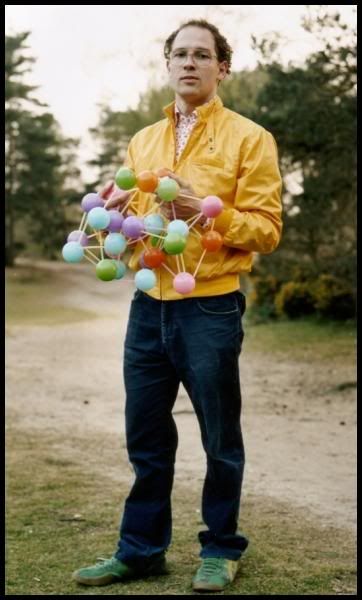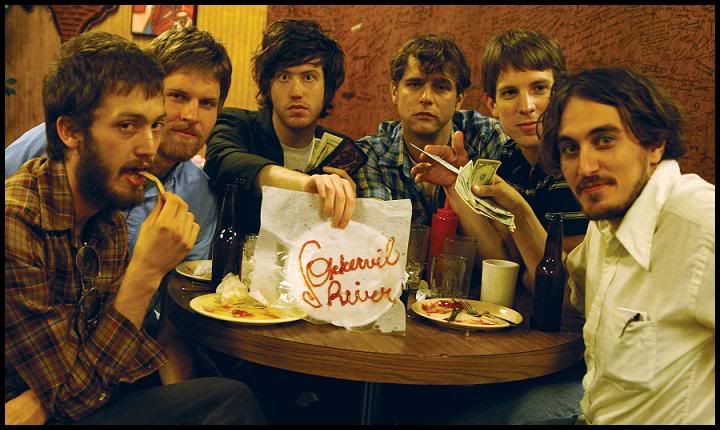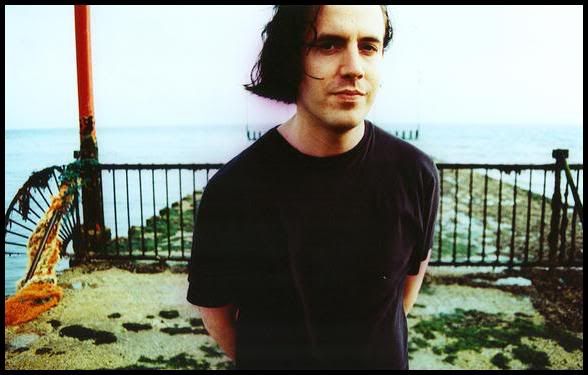Andorra
Caribou
City Slang
Immensely-talented Daniel Snaith looks rather like a Comic-Con attendee than a rock star. Imagining him queuing up for a Joss Whedon autograph is considerably easier than imagining him on stage leading Caribou (his solo project that uses three other musicians during live performances) in its brand of lush electro-rock. But in Andorra, he unites 60s organic psychedelia, electronica and seriously funky beats with entertaining results.

"Melody Day" starts the album off in a ripping, whirling psychedelic assault. "Sandy" picks up from there, mixing marching-band rhythms with opulent melodies, and "After Hours" evokes the sounds of 13th Floor Elevators with beats ripped right off The Who.
But the album's appeal begins to decline after that. Quite frankly, the intensity of Andorra's sugary 60s sounds can be wearying. The middle of the album sags beneath its own weight – the songs seem rehashed and become tedious. "Irene" and "Niobe" are primarily electronic, and serve as intelligent contrasts to the 60s immersion, but their placement at the end of the album is stupefying. Clearly, they are meant to be paired together, but placing them in the middle of the album would have cushioned the impact of Andorra rising from its own ashes one too many times.
Caribou could have put out a five-star EP with those five songs: "Melody Day," "Sandy," "After Hours," "Irene," and "Niobe." Still, Andorra is one of the year's most unique releases. Yes, it's throwback. But no one else is doing anything remotely similar at the moment. Think of it as a prescription for the tired sounds of paired-down, indie rock that currently dominate the musical landscape.

www.caribou.fm
-----------------------
Other Releases this Week:
Planet of Ice
Minus the Bear
Suicide Squeeze
Minus the Bear's second album, Planet of Ice, is a contradiction of hits and misses. Think mellow Circa Survive with a hint of soul in the vocals. Hits seem to come toward the latter part of the album ("Dr. L'Ling," "Throwin' Shapes," "When We Escape") but, ultimately, Planet of Ice merely threatens to break the bonds of mediocrity without ever doing so.

www.minusthebear.com
Under the Black Lights
Rilo Kiley
Warner Bros.
Under the Black Lights, Rilo Kiley's fourth full-length release, showcases an assortment of astoundingly dull alt-country songs. Cliched? Check. Devoid of meaning? Check. Cloying country-fried vocals? Check. Seriously, this shit is fodder for people who buy their music from Starbucks and college kids who mindlessly absorb Spin Magazine's sentiments because it makes them oh-so-cool. But it also makes them stupid, particularly in this case. Cool and stupid is no way to go through life, dear readers. Avoid this musical travesty at all costs.

www.myspace.com/rilokiley
- L.A. Bryan









